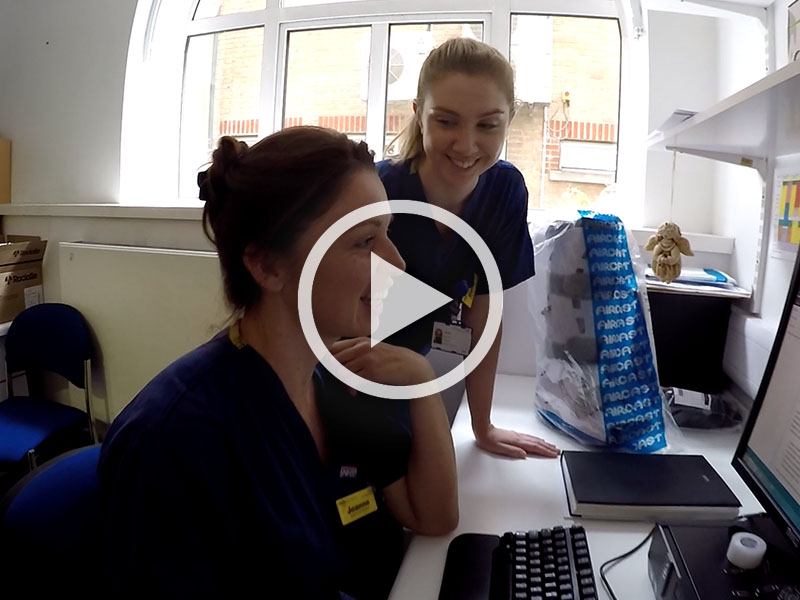Several different types of learning count as CPD activities
Any activity from which you learn or develop professionally can be considered eligible for CPD, though you should ensure that these complement your practice and enhance the service you provide.
Categories
- Work-based learning. For example, reflecting on experiences at work, considering feedback from service users or being a member of a committee.
- Professional activity. For example, being involved in a professional body or giving a presentation at a conference.
- Formal education. For example, going on formal courses or carrying out research.
- Self-directed learning. For example, reading articles or books.
Choosing activities
CPD activities must include a mixture of different types of learning, so you'll need to carry out at least two different types of activity. In practice, most registrants will carry out many different types of learning while registered with us.
If you were audited and had only carried out one type of learning – for example, if you had only read professional journals but had not carried out any other kind of learning – you would not meet our standard.
Examples
Examples of CPD activities are below. These have been adapted from work done by the Allied Health Professions’ project ‘Demonstrating competence through CPD’ (2003).
- Learning by doing
- Case studies
- Reflective practice
- Audit of service users
- Coaching from others
- Discussions with colleagues
- Peer review
- Work shadowing
- Secondments
- Job rotation
- Journal club
- In-service training
- Supervising staff or students
- Expanding your role
- Significant analysis of events
- Project work
- Filling in self-assessment questionnaires
- Gaining and learning from experience
- Involvement in the wider, profession-related work of your employer (for example, being a representative on a committee)
- Lecturing or teaching
- Mentoring
- Being an examiner
- Being a tutor
- Involvement in a professional body, specialist-interest group or other groups
- Maintaining or developing specialist skills (for example, musical skills)
- Giving presentations at conferences
- Organising journal clubs or other specialist groups
- Organising accredited courses
- Being an expert witness
- Supervising research or students
- Being a national assessor
- Courses
- Further education
- Research
- Attending conferences
- Writing articles or papers
- Going to seminars
- Distance or online learning
- Planning or running a course
- Going on courses accredited by a professional body
- Reading journals or articles
- Reviewing books or articles
- Keeping a file of your progress
- Updating your knowledge through the internet or TV
- Relevant public service or voluntary work
CPD is individual to you
You have the power to make your own decisions about what CPD activities you engage in. You can choose which activities are most beneficial to you, your practice and your career. For example:
- Your CPD might help you prepare for a future role, supporting your career development.
- If you lead a team, some of your CPD might be developing your skills as a manager.
- If you work in private practice, your CPD might include working on the skills you need to run your practice successfully.
- If you have an annotation on the HCPC Register – such as in prescribing – we encourage you to consider CPD activities to keep up to date in that area of practice.
Still have a question about CPD?
For more information about CPD, please contact our team:
Related content
- Published:
- 02/10/2019
- Resources
- In your words
- Subcategory:
- #myHCPCcpd
- Audience
- Registrants, Employers



